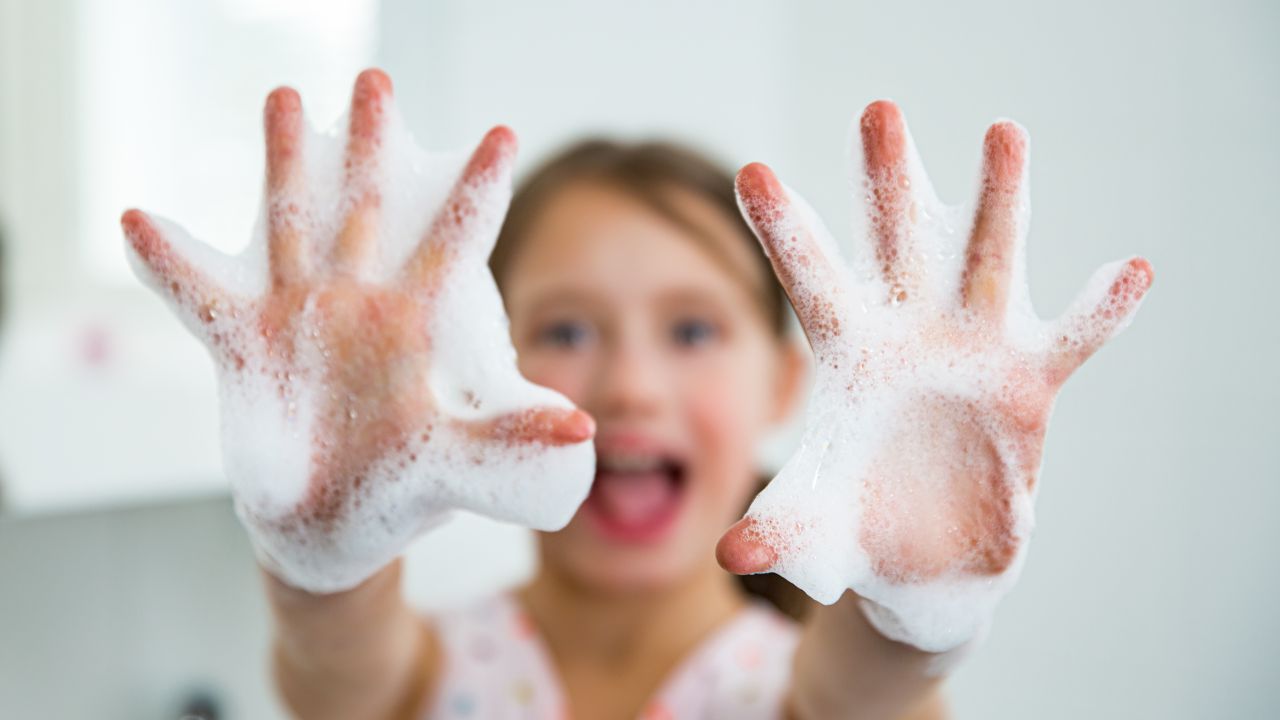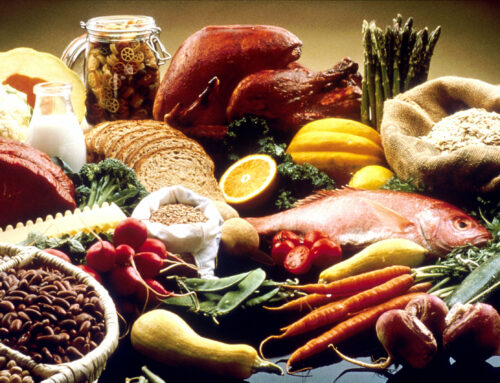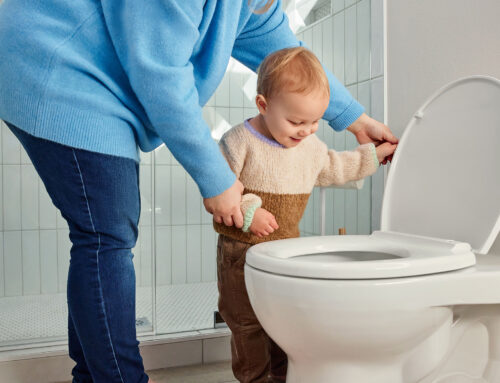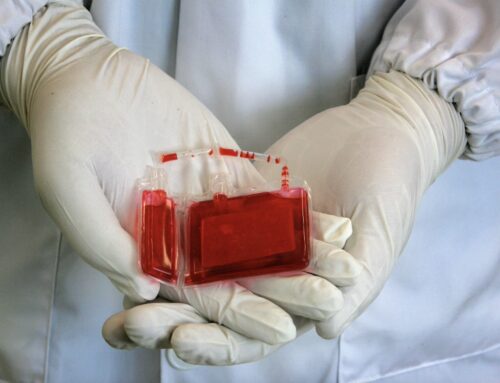Children’s Hygiene
What is the proper hygiene for my infant?
Proper hygiene is important for keeping your infant healthy and comfortable. Here are some basic hygiene practices for infants:
- Bathing: Newborns typically do not need to be bathed every day. Instead, you can give your infant a sponge bath two to three times a week, paying special attention to areas such as the face, neck, and diaper area. Use a mild baby soap and warm water, and make sure to support your baby’s head and neck during the bath.
- Diapering: Change your baby’s diaper frequently to prevent diaper rash and irritation. Clean the diaper area with a mild baby wipe or warm water and a soft cloth. Make sure to thoroughly dry the area before putting on a clean diaper.
- Skin care: Use a mild, fragrance-free baby soap and shampoo to clean your baby’s skin and hair. Avoid using harsh chemicals or adult skincare products on your baby’s delicate skin.
- Nail care: Keep your baby’s nails trimmed to prevent scratching. Use baby nail clippers or a soft emery board to gently file your baby’s nails when they are soft, such as after a bath.
- Hair care: Use a soft brush or comb to gently detangle your baby’s hair. Avoid using adult hair products, as they may be too harsh for your baby’s scalp.
- Clothing: Dress your baby in loose-fitting, comfortable clothing made from natural fabrics such as cotton. Avoid clothing with tight elastic bands or rough seams that can irritate your baby’s skin.
- Bedding: Use a firm, flat mattress in your baby’s crib, and avoid using soft bedding, pillows, or stuffed animals, which can increase the risk of suffocation.
- Feeding: Whether you are breastfeeding or formula feeding, it’s important to practice good hygiene. Wash your hands before feeding your baby, and clean bottles, nipples, and breast pump parts thoroughly after each use.
- Teething: As your baby begins teething, gently clean their gums with a clean, damp cloth to remove bacteria and prevent irritation.
- Immunizations: Follow your healthcare provider’s recommendations for immunizations to protect your baby from serious infections and diseases.
Remember, every baby is different, so it’s important to consult with your healthcare provider if you have any questions or concerns about your baby’s hygiene or care.
What is the proper hygiene for my adolescent?
Proper hygiene is important for adolescents to maintain their health, prevent infections, and promote overall well-being. Here are some hygiene practices that adolescents should follow:
- Showering or bathing: Adolescents should bathe or shower daily, using warm water and a mild soap. They should pay attention to areas prone to sweating, such as the armpits, groin, and feet. Adolescents going through puberty may also need to wash their face more frequently to prevent acne.
- Hair care: Adolescents should wash their hair regularly, using a shampoo that is appropriate for their hair type. They should also brush or comb their hair regularly to prevent tangles and remove any debris. Use medicated shampoo for dandruff.
- Dental care: Adolescents should brush their teeth twice a day with a fluoride toothpaste and floss daily to remove plaque and prevent tooth decay. They should also visit the dentist regularly for check-ups and cleanings.
- Handwashing: Adolescents should wash their hands regularly, especially before eating, after using the bathroom, and after coughing or sneezing. They should use soap and warm water and scrub their hands for at least 20 seconds.
- Nail care: Adolescents should keep their nails clean and trimmed. They should also avoid biting their nails, as this can introduce bacteria into the mouth and lead to infections.
- Skin care: Adolescents should wash their face daily with a gentle cleanser to remove dirt, oil, and bacteria. Those with acne should use products specifically designed for acne-prone skin and avoid picking or squeezing pimples, as this can lead to scarring.
- Deodorant: Adolescents may begin to use deodorant or antiperspirant to manage body odor and sweating. They should apply it daily, especially after showering or bathing.
- Menstrual hygiene: Adolescent girls should practice good menstrual hygiene by changing their sanitary products regularly and washing their genital area with mild soap and water.
- Clothing: Adolescents should wear clean clothing and change their underwear daily. They should also avoid sharing clothing, towels, or other personal items to prevent the spread of infections.
- Sun protection: Adolescents should protect their skin from the sun by wearing sunscreen with a sun protection factor (SPF) of at least 30, seeking shade, and wearing protective clothing and sunglasses.
It’s important for adolescents to develop good hygiene habits early on to maintain their health and well-being throughout their lives. Parents can help by providing guidance and setting a good example.




